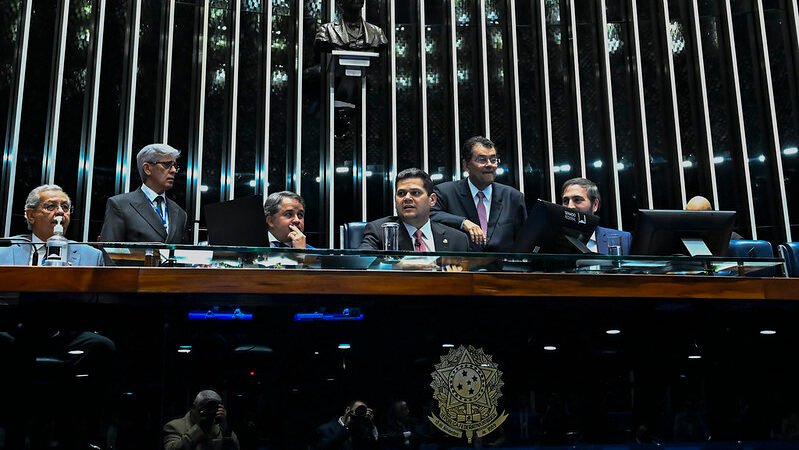The Senate approved on Tuesday, for 41 votes to 33, the proposal that increases the number of federal deputies in the House. With the change, the house will have 531 parliamentarians. The proposal, however, will need to return to the House of Representatives, as it has changed during the Senate processing. The final newsroom is still being checked to confirm what was modified by the senators.
The measure, despite representing an increase in the number of chairs, does not correct the distortions in proportionality between states. According to parliamentarians who criticized approval, the text does not comply with the determination of the Federal Supreme Court on population representativeness. The recent census has revealed significant changes in the population of various states, but yet there is no evidence that the number of chairs will be reduced in regions that have lost inhabitants.
In state legislative assemblies, the scenario is repeated. Despite the population variations pointed out by IBGE, the tendency is to increase chairs without reducing news in any state. Experts remember that the logic would be redistributing the seats, reducing in some and expanding in others, according to the new demographic reality of the country, but in practice this does not occur.
Approval was harshly criticized by political commentators and analysts, who point to a process of state appropriation by corporatist interests. In the midst of a billionaire budget break and a country with serious tax difficulties, the decision is seen as another measure aimed at directly benefiting Congress members, in a movement similar to the executive and judiciary.

